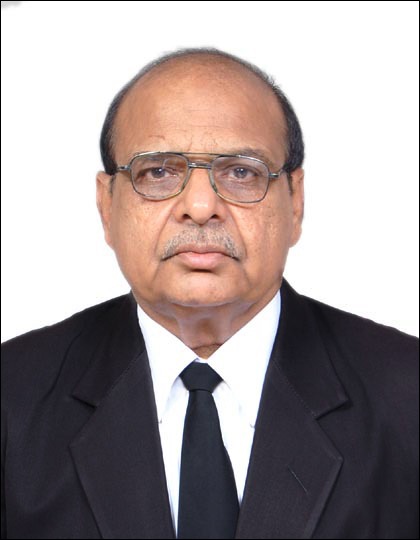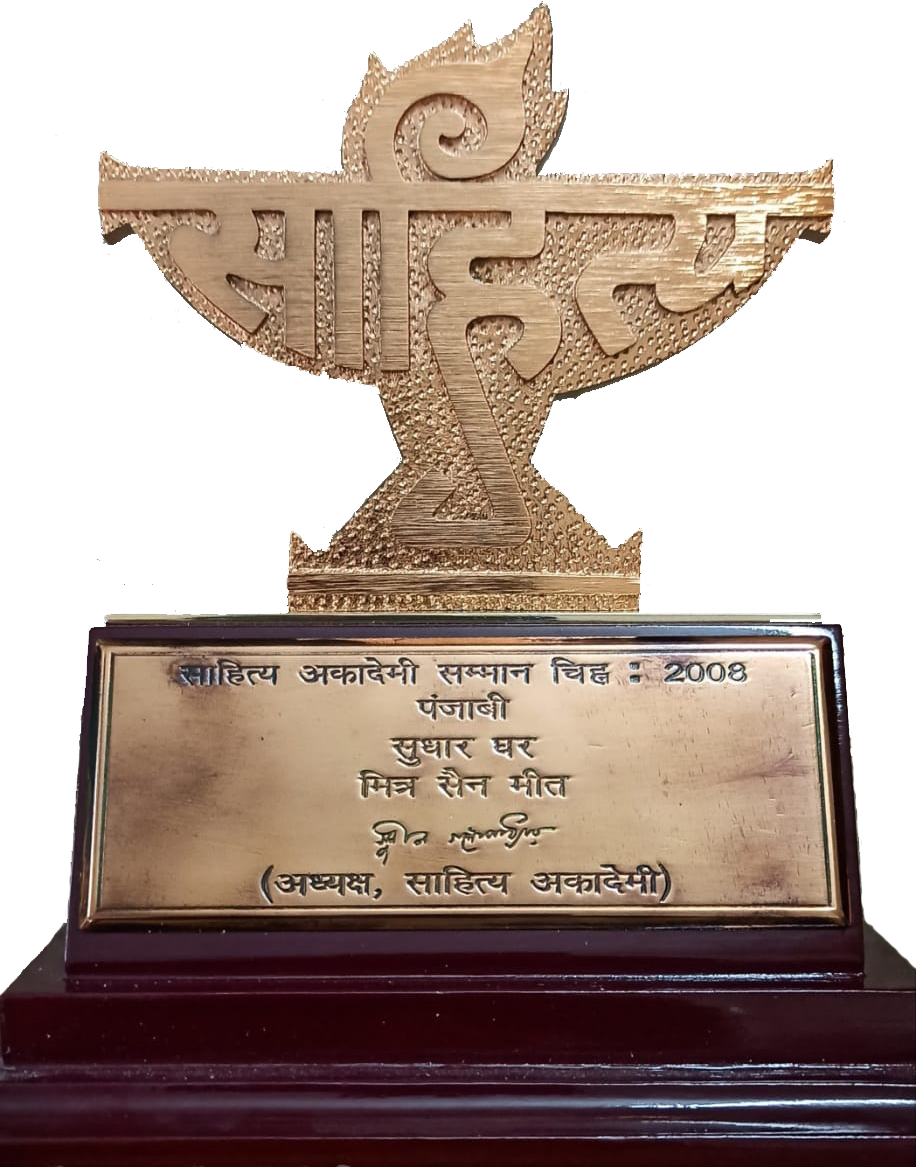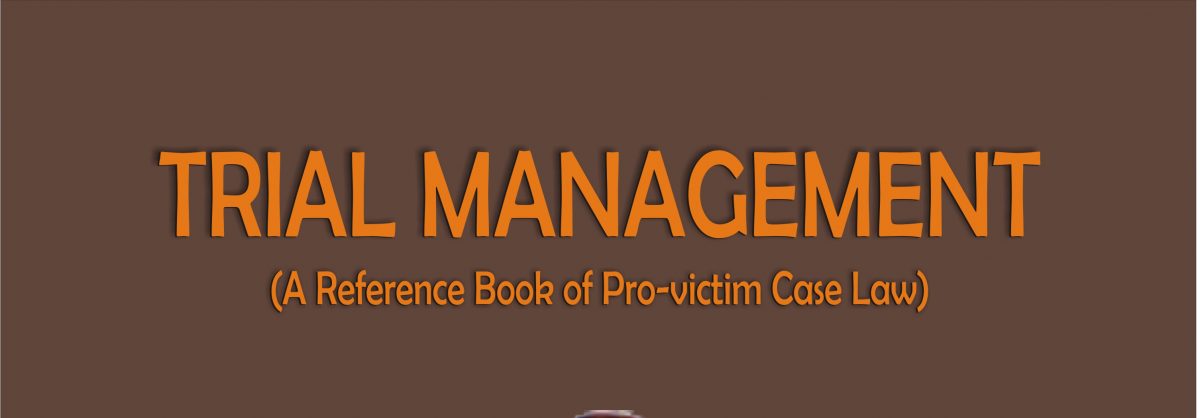ਫੈਸਲੇ ਬਾਅਦ ਮੁਕੱਦਮੇ ਦੀ ਦੁਬਾਰਾ ਸੁਣਵਾਈ (Double jeopardy)
(Section 300 Cr.P.C.)
ਇੱਕ ਜ਼ੁਰਮ ਬਦਲੇ ਦੋਸ਼ੀ ਉੱਪਰ ਵਾਰ-ਵਾਰ ਮੁਕੱਦਮਾ ਨਹੀਂ ਚੱਲ ਸਕਦਾ।
- ਮੁਕੱਦਮੇ ਦੇ ਇੱਕ ਵਾਰ ਫੈਸਲਾ ਹੋ ਜਾਣ ਬਾਅਦ, ਉਹਨਾਂ ਹੀ ਜ਼ੁਰਮਾਂ ਲਈ, ਦੁਬਾਰਾ ਦੋਸ਼ੀ ਉੱਪਰ ਮੁਕੱਦਮਾ ਨਹੀਂ ਚਲਾਇਆ ਜਾ ਸਕਦਾ। ਇਹ ਨਿਯਮ ਤਾਂ ਹੀ ਲਾਗੂ ਹੋ ਸਕਦਾ ਹੈ ਜੇ ਪਹਿਲੇ ਫੈਸਲੇ ਵਾਲੀ ਅਦਾਲਤ ਹੇਠ ਲਿਖੀਆਂ ਸ਼ਰਤਾਂ ਪੂਰੀਆਂ ਕਰਦੀ ਹੋਵੇ:
a) ਪਹਿਲੀ ਅਦਾਲਤ ਮੁਕੱਦਮੇ ਦੀ ਸੁਣਵਾਈ ਅਤੇ ਫੈਸਲਾ ਕਰਨ ਦੇ ਕਾਨੂੰਨੀ ਤੌਰ ਤੇ ਯੋਗ ਹੋਵੇ।
ਅ) ਪਹਿਲੀ ਅਦਾਲਤ ਵੱਲੋਂ ਦੋਸ਼ੀ ਨੂੰ ਸਜ਼ਾ ਜਾਂ ਬਰੀ ਕਰ ਦਿੱਤਾ ਗਿਆ ਹੋਵੇ।
Case: Yusofalli Mulla Noorbhoy vs. The King, AIR 1949 PC 264 (Privy Council)
“….the whole basis of S. 403(1) is that the first trial should have been before a Court competent to hear and determine the case and to record a verdict of conviction or acquittal. If the Court was not so competent as for example where the required sanction for the prosecution was not obtained, it is irrelevant that it was competent to try other cases of the same class, or indeed the case against the particular accused in different circumstances, for example, if a sanction had been obtained.”
- ਵੱਖਰੇ ਜ਼ੁਰਮਾਂ ਲਈ ਦੋਸ਼ੀ ਤੇ ਬਾਅਦ ਵਿੱਚ ਮੁਕੱਦਮਾ ਚੱਲ ਸਕਦਾ ਹੈ।
Case: Mohinder Singh v/s State of Punjab, 1999 Cri.L.J.263 (SC)
Para “2. In Sessions Case No. 5/95 the appellant along with 4 other accused was tried for the offences punishable under Sections 399 and 402, IPC and Section 3 of the TADA Act. The appellant was not tried in that case for possession of fire-arms without a valid licence. He was also not tried for the offences punishable under Section 5 of the TADA Act. It, therefore, cannot be said that the appellant was tried earlier for the same offences and, therefore, he could not have been tried again. In the trial for the offences punishable under Sections 399 and 402, IPC and Section 3 of TADA Act what was disbelieved by the trial Court was that the accused had collected at Kotah with an intention to commit dacoities and that they were apprehended before they could achieve their object. The trial was for different offences and, therefore, it was open to the Designated Court trying Special Sessions Case No. 6/95 to decide the same on the basis of evidence led by the prosecution in that case.”
- ਜਿੰਨਾ ਚਿਰ ਮਾਮਲੇ ਦੀ ਤਫਤੀਸ਼ ਚੱਲ ਰਹੀ ਹੋਵੇ ਉੰਨਾ ਚਿਰ ਡਬਲ ਜੀਓਪਾਰਡੀ (double jeopardy) ਦਾ ਸਿਧਾਂਤ ਲਾਗੂ ਨਹੀਂ ਹੁੰਦਾ।
Case: M/s Birla Tyres & others v/s Union of India, 1998 Cri.L.J.4401 (SC)
Para “8. ….. The principle of double jeopardy as envisaged under Section 300, Cr. P.C. is also not attracted to the present case as the petitioners have not yet faced any trial and the matter is still under investigation. ..”
- ਜੇ ਪਹਿਲੇ ਮੁਕੱਦਮੇ ਦੀ ਸੁਣਵਾਈ ਗੈਰ-ਕਾਨੂੰਨੀ ਹੋਵੇ ਤਾਂ ਦੂਜਾ ਮੁਕੱਦਮਾ ਚਲਾਇਆ ਜਾ ਸਕਦਾ ਹੈ।
Case: Lallan Prasad v/s State of U.P., 1999 Cri.L.J.319 (Allahabad – HC)
Para “14. It was argued that since the applicant was acquitted for the same offence for want of sanction he could not be tried. The High Court rejected this plea. It was observed that the applicant himself pleaded in the previous trial that it was invalid on account of want of sanction of a competent authority, and that plea was accepted by the appellate Court and he was acquitted with the necessary legal consequence that on a fresh sanction of a competent authority he could be tried again. The applicant can be estopped from pleading that the previous sanction was valid and was so estopped by his getting his previous conviction quashed on the ground that it was invalid. Once he was estopped from pleading that the previous sanction was valid, the previous trial must be held to be invalid and the second trial cannot be held to be barred by S. 403.”
- ਜੇ ਪਹਿਲੇ ਮੁਕੱਦਮੇ ਵਿੱਚ ਦੋਸ਼ੀ ਨੂੰ ਧਾਰਾ 258 ਸੀ.ਆਰ.ਪੀ.ਸੀ. ਅਧੀਨ ਦੋਸ਼ ਮੁਕਤ (discharge) ਕਰ ਦਿੱਤਾ ਗਿਆ ਹੋਵੇ ਤਾਂ ਅਦਾਲਤ ਨੂੰ ਮੁਕੱਦਮੇ ਦੀ ਦੁਬਾਰਾ ਸੁਣਵਾਈ ਕਰਨ ਦਾ ਅਧਿਕਾਰ ਹੈ।
Case: S. Sankaran v/s Inspector, Triplicane Range, 1995 Cri.L.J.2823 (Madras – HC)
Para “4. ….. when the Court has stopped the proceedings when no evidence was recorded, the release of the accused will have the effect of discharge. This order of discharge can be reviewed by the same Magistrate in view of the powers conferred upon him under Section 300(5) Code of Criminal Procedure. ..”







More Stories
ਮੁਕੱਦਮਿਆਂ ਦੀ ਸੁਣਵਾਈ(Trial of cases)
ਕਿਸੇ ਵਿਅਕਤੀ ਨੂੰ ਮੁਕੱਦਮੇ ਵਿੱਚ ਦੋਸ਼ੀ ਬਣਾਉਣਾ( Arraigning a person as accused)
ਧਾਰਾ 195 ਦੀ ਮਨਾਹੀ (Prohibition of Section 195)